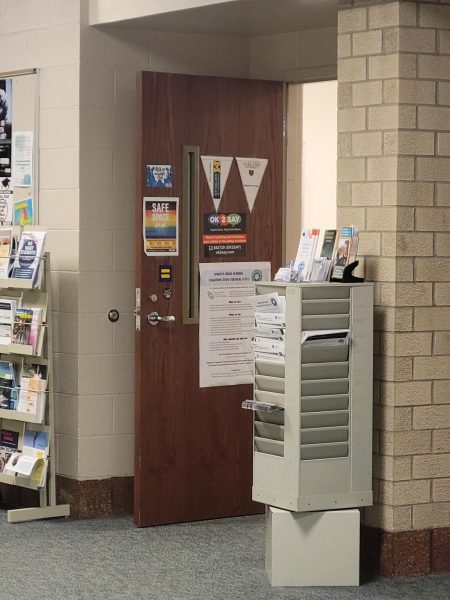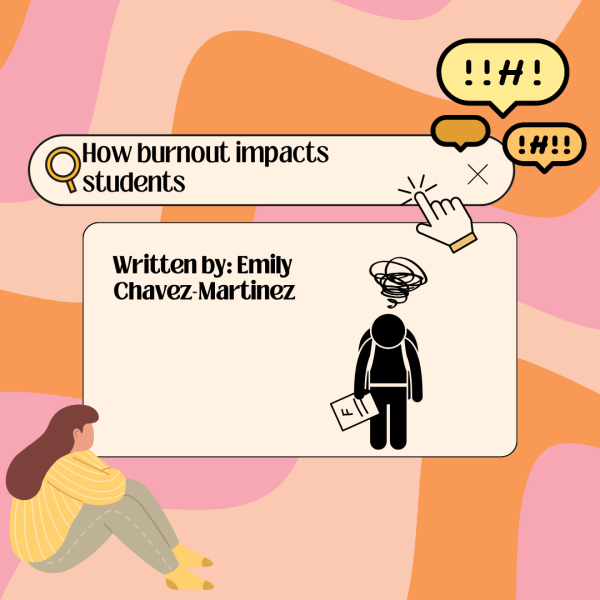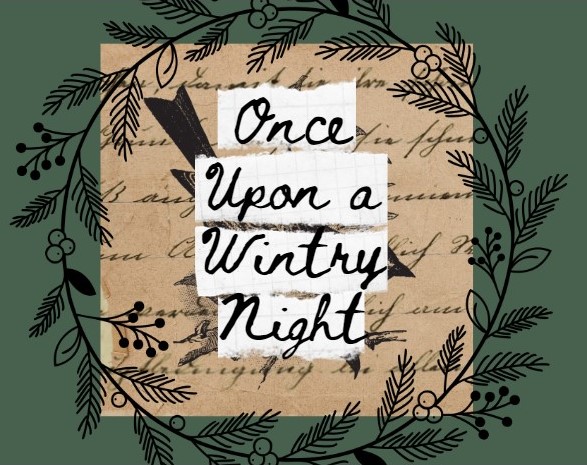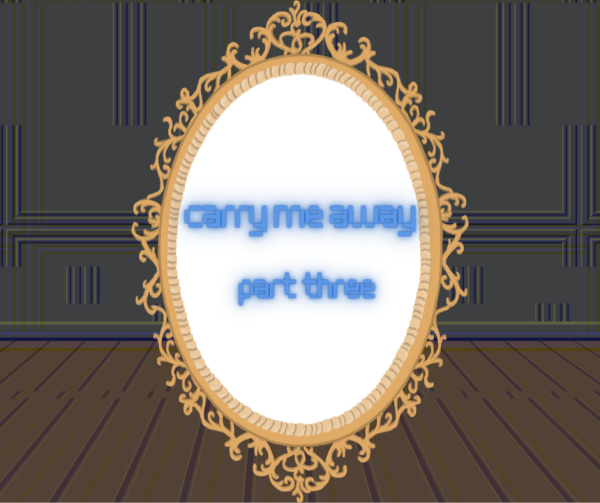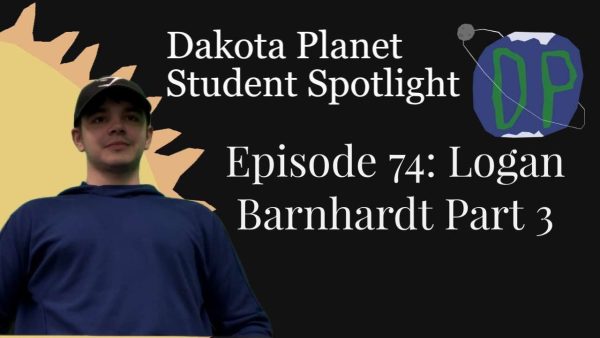The Truth About Communism
com·mu·nism (noun)- a political theory derived from Karl Marx, advocating class war and leading to a society in which all property is publicly owned, and each person works and is paid according to their abilities and needs. (Oxford Languages)
Communism is a well-known government type, mainly coming to popularity through the many countries that established it in both present day and the past (ex. Russia, China, Vietnam, etc.). In 1944, the small country of Albania, across the Adriatic Sea from Italy and above Greece, etsablished a new state called the Democratic Government of Albania. Its Prime Minister being Enver Hoxha who sought a new ideology called “Marxism-Leninism” which was invented by Joseph Stalin. Hoxha was a loyal follower of Stalin up until his death in 1985 and the country, while under Hoxha’s regime, faced similar issues to that of other countries who were once controlled by it.
In the past, during World Wars I and II, many countries fell under communism, and through that, all got recognized for once being taken over. But what the world doesn’t know is that, there are other countries who were taken over by commuism whether it be during Mussolini, Hiter, and Stalin’s rule, that were never spoken about. So many larger and more powerful countries receiving the spotlight, but what about the smaller and less powerful ones? My ancestors all derive from Albania, a country in which never got full recognition. My parents grew up during the time of Enver Hoxha’s regime, and I was curious on what it was like growing up in a small country that was communist, and decided to interview my mom on her experience.
What was it like growing up in a Communist country?
“Well, it wasn’t good at all. I was a kid at that time, there wasn’t much to do. Not much at all really, we were basically couped up as a nation, and I didn’t know what was going on. It was hard to talk to people, our leader was considered our God. Even though some of us weren’t happy with his regime, we had no choice because if people talked, they would be killed in one way or another. There were a lot of snitches around, you would be watched, you couldn’t talk; no freedom of speech or anything, basically we were not living your [present day] life. We were fully controlled. There was nothing you could do yourself; we were told what to do, certain rules, and whoever dared to bend those rules in one way or another, it would be costly for them.”
How did the country react to the death of the leader?
“When he [Enver Hoxha] died, people were heartbroken, but I didn’t cry. The whole nation was lost, crying, confused on what was going to happen next. Some people were happy but couldn’t show it because we weren’t sure if our country was going to change governments or not. There were so many questions on what was going to happen now that our leader was dead. But well, before we knew it, he had his end, because he was sick for a while and the public didn’t know because they hid that from us. But everything was set up for who was going to replace him when he was gone, and it ended up being someone from the same regime who trained for that. There wasn’t much after that because of the revolution to put down that regime in 1992 because we were tired as a nation. We were just tired, and everything broke loose.”
How did you escape?
“The country was going through a transition, some were scared, some were crazy. We were caged in for so long, and when he [Enver Hoxha] died the door just opened and everything got out. Some people were tired and others crazy. The government was down, nobody was working, and everyone was doing, for the first time, something they wanted. When that transition happened, it was like a Civil War. Not everyone wanted that freedom, not everyone wanted democracy. People who cried for Enver Hoxha, they wanted to still be under that regime. We had two completely different sides and still do till this day.
I was 20 in 1992, so I was happy along with all the other young people. I was in military school at the time and there was a war going on. People had broken into military bases and stole the weapons and were running free on the streets with them. It was scary for us, and our school was fenced in. We had a statue at the very front of our school, of Enver Hoxha. There, people would march to the school’s gate, wanting to get in, wanting us to put it down and threatening to put it down. It was scary because almost everybody was armed, you couldn’t trust anyone. They would throw rocks, shoot from the tops of buildings, bullets ricocheting off the windows and into the dorms. It would happen all night long, it was putting our lives in danger. No, there was no way of escaping the country at that time. But Italy was the first country to open its doors to those fleeing.
In 1993, it was getting worse, and my older brother came to my school with his family and my little brother telling me that we were going to flee, to Italy. We had some friends that were leaving with their families who were going to help us. But we couldn’t tell my parents because they would be devastated. So, we left at four in the morning from his house and went to the Port of Shëngjin in Lëzhe. There was this huge boat, with thousands of people there, everybody wanting to flee. We got to Italy 12 hours later. When we went there, there were lots of guards and we were all placed into this huge refugee camp. We stayed there for 18 months until they said that we were more than welcome to leave if there was someone who would come get us. We had nobody, my oldest brother decided to go back because him and his family had nowhere to go. Me and my younger brother decided to stay in the camp for more than a week after them until we decided to flee. We had cousins up in Northern Italy who could not come to get us, so we had to escape. We got on a train to go to Firenze, from Bari. We made it, and we stayed there with them, for 8 months. There wasn’t much to do there, we got homesick. When we got back, Albania was just like it was before. I went back to school, finished college, and tried to find a job but it was hard to with the opposing sides. There was a lot of corruption. In the end, I did actually escape because my life was in danger. My manager for the job I had at the time was selling weapons to the black market, and I found out. He was going to kill me and my family, so I had to flee. And America had its doors open to me.”
What were the certain “laws” or “orders” made by the leader at the time?
“He ruled for 50 years. We had no pictures framed anywhere, just a big portrait of him. We had to have it! If someone were to walk in, guests, and you don’t have that, they would snitch on you. You were always watched. You had to have half of your wall covered in portraits of him. People were having those antenna’s, coming up with those ideas because they wanted to watch what was going on outside our nation. People would put those antennas outside, at night, trying to catch bars or a signal, and people were caught by doing that. Imagine, by watching news from Italy or Montenegro, which were the closest, and those people were taken to jail, tortured, and call traitors. We weren’t allowed to watch anything from outside, it was against the law. The churches, we weren’t allowed to practice faith. We were not allowed to celebrate holidays, no matter the religion, only New Years. I’m talking mainly for the years Hoxha was in power, we weren’t allowed to do this stuff. We couldn’t visit other countries, there was not such a thing, we were isolated, and he didn’t want other people to hear or see what was going on. No freedom of speech, not allowed to say what you wanted to say, what you feel. And if you talked about the president, you were dead and your whole family tree would be discriminated because of that. Yes, you would be considered a disgrace. People who were caught practicing their faith, or breaking any of these laws, were called traitors or killed.”
Do you think your life today would be different if Albania was never taken over?
“If Albania was never communist, my life would be good there. I would believe that Albania would be better, better than today. I would like to think that I’d have a kids and be married still if it was never communist.”
Your donation will support the student journalists of Dakota High School. Your contribution will allow us to purchase equipment and cover our annual website hosting costs.

Alexa Profka is a Junior at Dakota. This is her third year as a part of The Dakota Planet. Alexa is very passionate about reading and writing, and...




